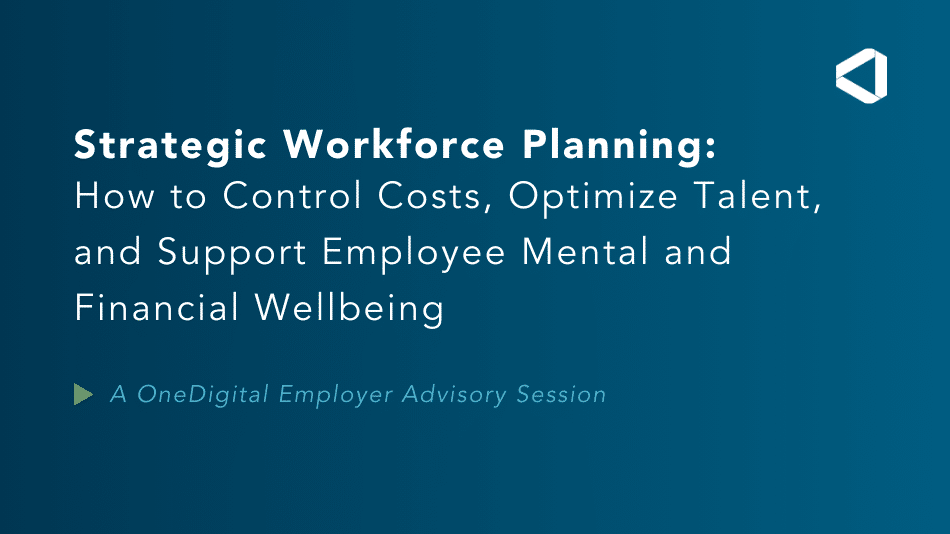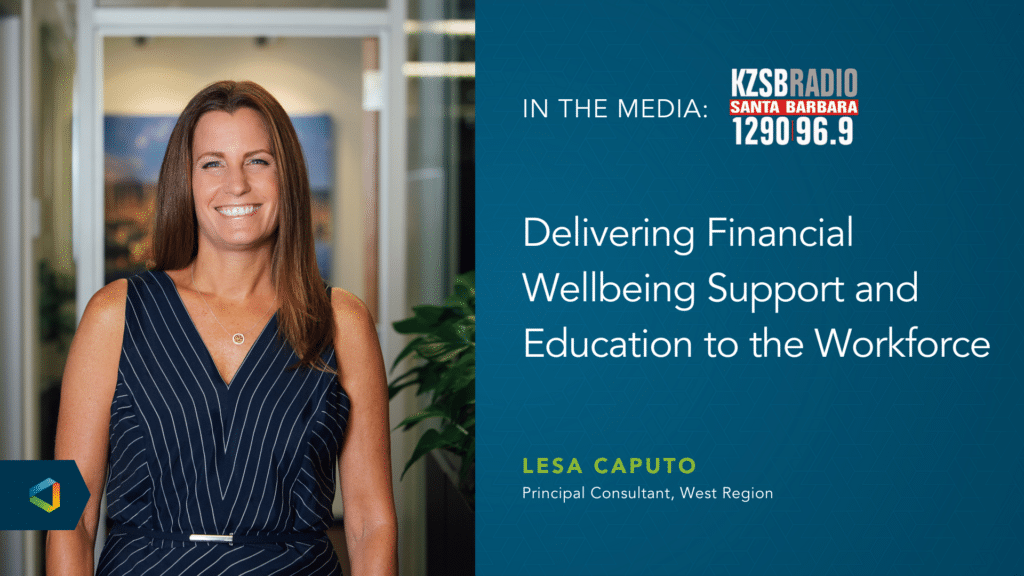No Headaches, Lower Costs
Simple and Effective Strategies for Paying Off or Saving Up for A Degree
Simple and Effective Strategies for Paying Off or Saving Up for A Degree
Public four-year college tuition fees have escalated from $4,160 to $10,740, and private nonprofit colleges' costs have surged from $19,360 to $38,070 (adjusted for inflation). Because of this, there is a need for educational and financial support that comes with specific educational goals.
One of the most common questions is how to pay off student loans or save up for a child's college education. These two major financial goals can seem daunting at first, but with the right strategies and tactics in place, they can be achievable.
Paying Off Student Loans
Understanding the details of your debt is essential to tackle it more efficiently. The main information you want to have on hand includes the following:
- The exact amount you owe
- Interest rates on each of your loans
- Minimum monthly payments
Once you have created a clear picture of your student loan debt with the above information, you can create a plan to pay it off.
- Paying in advance
A common and effective strategy is to pay more than the minimum monthly payment. Doing so will pay off your loans faster and save money on interest. To do this, you would allocate any extra money towards your student loans each month. This includes:
- A bonus at work
- Tax return
- Commissions
- Any extra and unplanned forms of income
- Refinancing for a better rate
Another strategy is to refinance your student loans. Refinancing can help you get a lower interest rate, saving you money over the life of your loans.
However, be aware that refinancing federal student loans into private loans may cause you to lose certain protections and benefits, such as income-driven repayment plans and loan forgiveness programs.
- Debt consolidating
Consolidation combines all your loans into one loan with a single monthly payment. This can make it easier to manage your payments and lower your interest rate, but it may also extend the repayment term and increase the amount of interest you pay in the long run.
Finally, consider seeking the help of a financial advisor or credit counselor. Professionals can help you create a personalized plan for paying off your student loans and guide you on which strategies will work best for your situation.
Saving for College
Saving for a child's college education is another important financial goal. The rising tuition cost can make saving enough money challenging, but some strategies and tactics can help.
- Start early
The earlier you start saving, the more time your money has to grow. Consider opening a tax-advantaged college savings account, such as a 529 plan. These plans allow your money to grow tax-free and are used for qualified education expenses.
- Set it and forget it
Another strategy is to automate your savings. Set up automatic contributions to your college savings account each month. This automation ensures that you consistently save and makes sticking to your savings plan easier.
- Invest
Consider investing your savings in a diversified portfolio of low-cost index funds. While investing involves risk, it also has the potential to earn higher returns over the long term. However, make sure to choose investments that match your risk tolerance and financial goals.
- Look into scholarships
Encourage your child to apply for scholarships and grants. Around 1.7 million private scholarships exist in the U.S. These can help offset the cost of tuition and reduce the amount of money you need to save. Research and apply for as many scholarships and grants as possible.
Finally, consider working with a financial planner who specializes in college savings. They can help you create a personalized savings plan, choose suitable investments, and provide guidance on financial aid options.
Paying off student loans and saving for college are two major financial goals requiring careful planning and consideration. By understanding your debt or savings goals, creating a plan, and seeking the help of professionals, when necessary, you can achieve these goals and set yourself or your child up for financial success.
Need more help? Check Out Financial Academy's on-demand webinar: FAQs to Getting That Degree Debt Free.
Investment advice offered through OneDigital Investment Advisors LLC, an SEC-registered investment adviser and wholly owned subsidiary of OneDigital.





